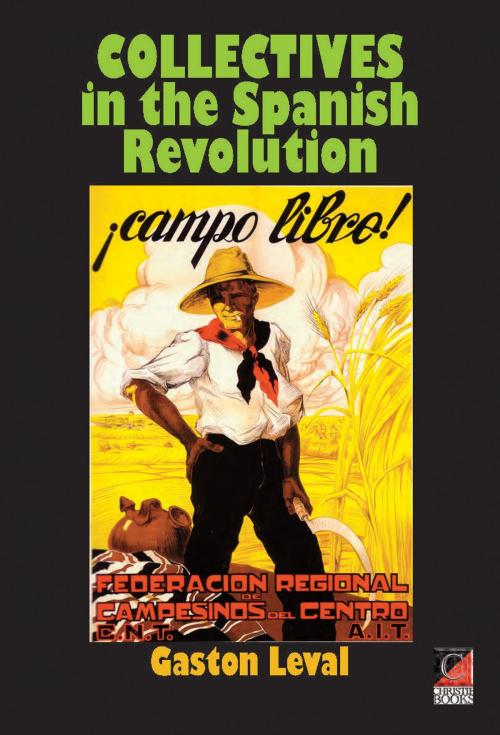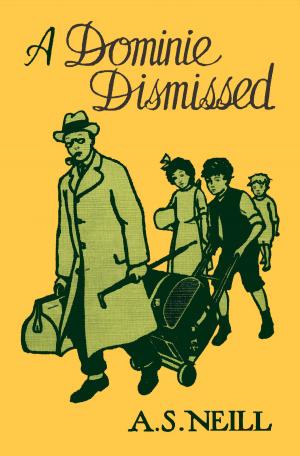COLLECTIVES IN THE SPANISH REVOLUTION
Nonfiction, History, Revolutionary, Spain & Portugal, Modern, 20th Century| Author: | Gaston Leval | ISBN: | 1230000387712 |
| Publisher: | ChristieBooks | Publication: | April 25, 2015 |
| Imprint: | ChristieBooks | Language: | English |
| Author: | Gaston Leval |
| ISBN: | 1230000387712 |
| Publisher: | ChristieBooks |
| Publication: | April 25, 2015 |
| Imprint: | ChristieBooks |
| Language: | English |
This is not yet another book about the Civil War, and its author is not yet another academic jumping on the Spanish band wagon. The book is about what Burnett Bolloten in the opening paragraph of his remarkable book (‘The Spanish Civil War. Revolution and Counterrevolution’) calls “a far reaching social revolution more profound in some respects than the Bolshevik revolution in its early stages”.
This book can only deal with a few of the collectives that were established in Spain during the struggle against Franco, for, as the author points out, there were 400 agricultural collectives in Aragon, 900 in the Levante and 300 in Castile. In addition, the whole of industry in Catalonia, and 70 per cent in the Levante was collectivised.
In a world where relations in industry between management and worker, and in the public services between workers and government, become daily more strained, not simply over money but over the growing demand by more and more workers to be responsible for and in control of the organisation of the work they do, surely the Spanish experiment of 1936 is of more than academic interest. Such experiments are never exactly repeated, not even in a Spain which has been freed from the military dictatorship. They don’t have to be. Their importance for us now is in showing what ordinary people, land- and industrial workers, technicians, and professionals of goodwill, can do when the State machine collapses even for a brief moment and the people are left to their own devices. The result is not chaos but cooperation, the discovery that for most of us life is richer and happier when we practise mutual aid than when we engage in the power and status struggle which invariably leads to permanent bitterness for the many and a doubtful “happiness” for the few.
This is not yet another book about the Civil War, and its author is not yet another academic jumping on the Spanish band wagon. The book is about what Burnett Bolloten in the opening paragraph of his remarkable book (‘The Spanish Civil War. Revolution and Counterrevolution’) calls “a far reaching social revolution more profound in some respects than the Bolshevik revolution in its early stages”.
This book can only deal with a few of the collectives that were established in Spain during the struggle against Franco, for, as the author points out, there were 400 agricultural collectives in Aragon, 900 in the Levante and 300 in Castile. In addition, the whole of industry in Catalonia, and 70 per cent in the Levante was collectivised.
In a world where relations in industry between management and worker, and in the public services between workers and government, become daily more strained, not simply over money but over the growing demand by more and more workers to be responsible for and in control of the organisation of the work they do, surely the Spanish experiment of 1936 is of more than academic interest. Such experiments are never exactly repeated, not even in a Spain which has been freed from the military dictatorship. They don’t have to be. Their importance for us now is in showing what ordinary people, land- and industrial workers, technicians, and professionals of goodwill, can do when the State machine collapses even for a brief moment and the people are left to their own devices. The result is not chaos but cooperation, the discovery that for most of us life is richer and happier when we practise mutual aid than when we engage in the power and status struggle which invariably leads to permanent bitterness for the many and a doubtful “happiness” for the few.















